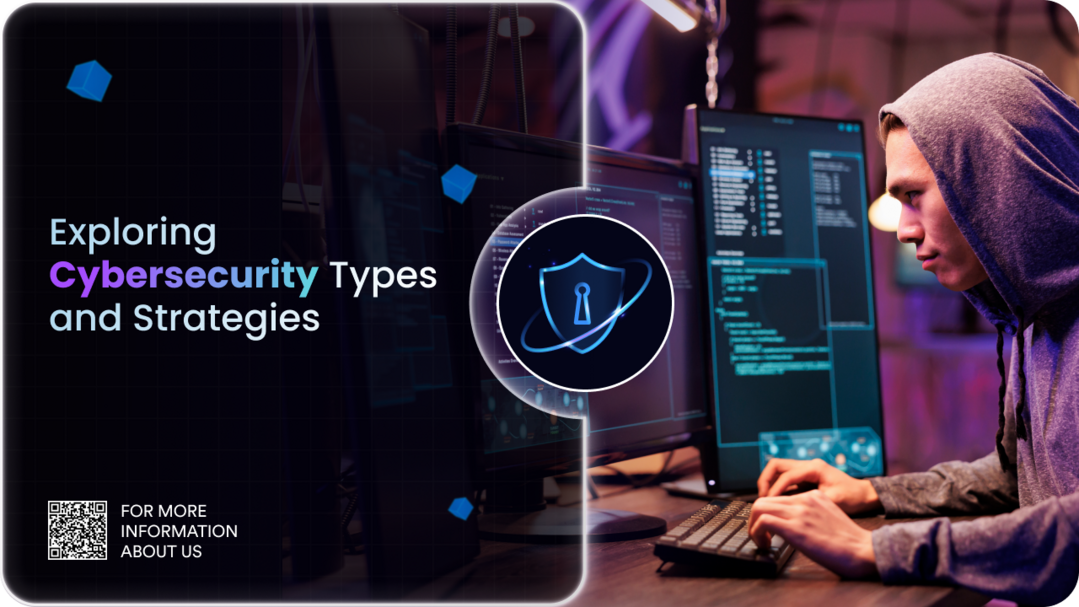
The National Security Council (NSC) has announced its information security strategy for this year, presenting three major goals aimed at strengthening the security of national critical infrastructure, along with the establishment of a national-level security risk monitoring center.
The NSC's latest strategy emphasizes the importance of protecting national critical infrastructure, including water, electricity, telecommunications, transportation, finance, and healthcare systems, from cyber threats. The NSC warns that disruptions to these systems due to cyberattacks could paralyze social functions, severely impact the economy, threaten public safety, and cause chaos in daily life. Furthermore, it points out that such incidents could erode public trust in the government and even threaten national stability.
In particular, this strategy underscores that information security is essential for protecting the military's command and control systems and ensuring that facilities, equipment, communications, and decision-making processes remain secure from external interference. The NSC adds that information security is a crucial extension of national defense and military strategy. The military must be able to effectively respond to cyberattacks to prevent adversaries from infiltrating defense systems, stealing sensitive information, and weakening operational capabilities.
Homeland security and the protection of critical infrastructure are one of the four core pillars of this strategy, supported by three key objectives. The first objective is to conduct a comprehensive assessment of potential information security risks and develop countermeasures to strengthen the protection and defense posture of critical infrastructure. The second goal aims to enhance national defense, public welfare, disaster preparedness, and democratic resilience through robust cybersecurity standards, regulations, and enforcement. The third objective is to improve information security readiness to safeguard national security and ensure regional peace and stability.
As a specific measure, the strategy outlines the establishment of a National Information Security Center to monitor national-level security risks. The NSC stated that this center will strengthen inter-agency cooperation and response mechanisms, enabling the swift mobilization of resources in the event of major cybersecurity incidents.
Furthermore, the strategy recommends that the government clearly define information security goals and requirements for defense and law enforcement agencies and prioritize the allocation of resources for intelligence gathering, threat analysis, and the development of proactive defense capabilities. It also suggests creating a comprehensive list of key agencies and critical infrastructure, classifying them by risk level, and regularly reviewing their compliance with security regulations. The strategy includes enhancing oversight of critical infrastructure, implementing incident investigation and accountability mechanisms, and ensuring that all agencies meet established information security standards.
The NSC emphasizes that national security and information security agencies should collaborate with critical infrastructure operators to establish a comprehensive implementation plan aimed at strengthening network resilience. It also calls for the establishment of inter-agency cooperation platforms to enhance operational resilience in emergency situations and proposes the formation of dedicated information security protection teams capable of rapidly responding to critical infrastructure-related emergencies. The strategy also includes the need for regular third-party information security training and tabletop exercises to test and verify information security defense and response mechanisms.
[Copyright (c) Global Economic Times. All Rights Reserved.]






























